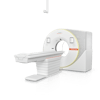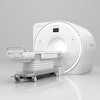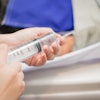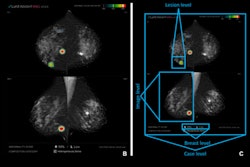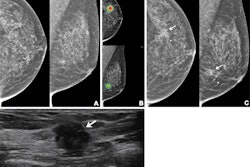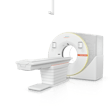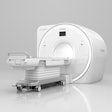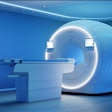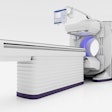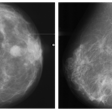CHICAGO -- AI scoring could help streamline mammography turnaround times, mitigating the impact of staff shortages in breast imaging, suggest findings presented December 1 at RSNA 2024.
In his presentation, Gopal Vijayaraghavan, MD, from UMass Memorial Health in Worcester, MA, discussed his team’s findings, demonstrating how AI can prioritize interpretation lists to reduce turnaround times.
“It's important in that a delay in breast cancer diagnosis can be very anxiety-provoking for the patient,” Vijayaraghavan said. "We wanted to take measures in order to reduce that."
 Gopal Vijayaraghavan MD, from UMass Memorial Health in Worcester, MA, discussed his team’s findings at RSNA 2024 on how AI can prioritize mammography interpretation lists to reduce turnaround times.
Gopal Vijayaraghavan MD, from UMass Memorial Health in Worcester, MA, discussed his team’s findings at RSNA 2024 on how AI can prioritize mammography interpretation lists to reduce turnaround times.
Staff shortages remain a concern for many radiology practices, with increasing imaging volumes exacerbating this challenge. Researchers continue to explore AI’s potential in aiding practices facing persistent staffing shortages.
The researchers studied AI’s ability to potentially reduce turnaround time in breast cancer detection and diagnosis, using a commercial AI system (Transpara AI, ScreenPoint Medical). The study took place over one year between 2023 and 2024 and included data from 46,782 breast cancer screening exams. Of these, 80% were digital breast tomosynthesis (DBT) exams and 20% were digital mammography exams.
Eight fellowship-trained, board-certified breast radiologists interpreted the exams, blinded to the AI system’s results. The radiologists’ respective experiences ranged from two to 30 years.
The AI system provided scores ranging from 1 to 10, with 10 indicating elevated risk of malignancy. Scores of 8 and 9, meanwhile, represented intermediate risk, and scores below 7 indicated low risk.
Of the 192 cancers diagnosed and included in the study, 182 (94.8%%) had scores of 8 or higher and constituted 45.6% of screens. AI scores of 7 or higher accounted for 191 of the 192 cancers and consisted of 58% of screens. The AI system diagnosed no cancers for scores of 5 or below.
The system assigned a score of 10 to 7,302 screens. However, the radiologists recalled 1,424 of these screens (19.5%). Vijayaraghavan said this indicates the AI system’s tendency to provide higher scores than needed.
Still, he highlighted that for clinical interpretation, AI-provided annotations added to AI scores can aid in clinical decision support. With a score of 7 or higher being the optimal threshold for prioritizing cases, Vijayaraghavan said this helped his institution implement changes to subcategorize BI-RADS 4 lesions for quicker times from diagnosis to biopsy.
“Implementing the AI could prioritize cases that are most likely to have an abnormality that could lead to a breast cancer diagnosis,” Vijayaraghavan told AuntMinnie.com. "Not that this is going to reduce the workload, but then you allot priorities to cases that are more likely to have a breast cancer."
He added that future studies will focus on follow-up data regarding cancer detection rates and recall rates following one full year of AI implementation.
For full 2024 RSNA coverage, visit our RADCast.
